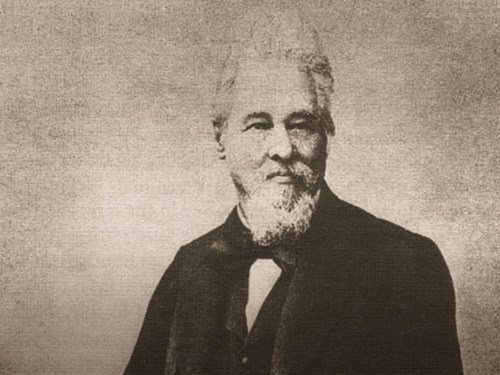Widely recognized as one of the first chemical engineers, Norbert Rillieux revolutionized how sugar was produced, changing the industry forever. Although he lived in a society where slavery still existed and free people of color were discriminated against, he managed to find success for his creative inventions.
Born a free man to a slave mother, Rillieux was educated first in New Orleans and then in Paris. He studied at the top engineering school in France and became an instructor of applied mechanics at the age of 24, the youngest person to ever achieve the position. After teaching for four years, he returned to Louisiana where his most impactful invention was created.
Because he lived in a state where sugarcane was the primary crop, Rillieux had first hand experience with the dangerous and inefficient way that sugar was produced from sugarcane juice. The process, called the Jamaica Train, required molten sugar to be transferred to smaller and smaller pots as the liquid evaporated. Sugar was often lost during the transfers, and many slaves were burnt while they worked. To fix the obvious problems, Rillieux created a multiple effect evaporator that manipulated heat and pressure to produce higher quality sugar. His invention also made it cheaper to produce sugar and safer for the slaves who were forced to do the work.
Across Louisiana, it soon became clear that Rillieux’s machine had transformed the sugar industry. He became well known among plantation owners, but he still faced discrimination. Because he was an African American, the law of the time prevented him from fully enjoying his success. When he visited a plantation to install an evaporator, he could not stay in the plantation house, and one of his patents was at first denied because the authorities assumed that, as a black man, he was a slave. Also, as the Civil War approached, the status of all free blacks was greatly reduced by increasingly racist laws which eventually caused Rillieux to move back to France.
Although his contribution to science was not fully appreciated during his lifetime, Norbert Rillieux caused a revolution not only in the sugar industry but in any industry that requires evaporation. He pioneered a new type of engineering despite the discrimination faced by people of color during his time.
